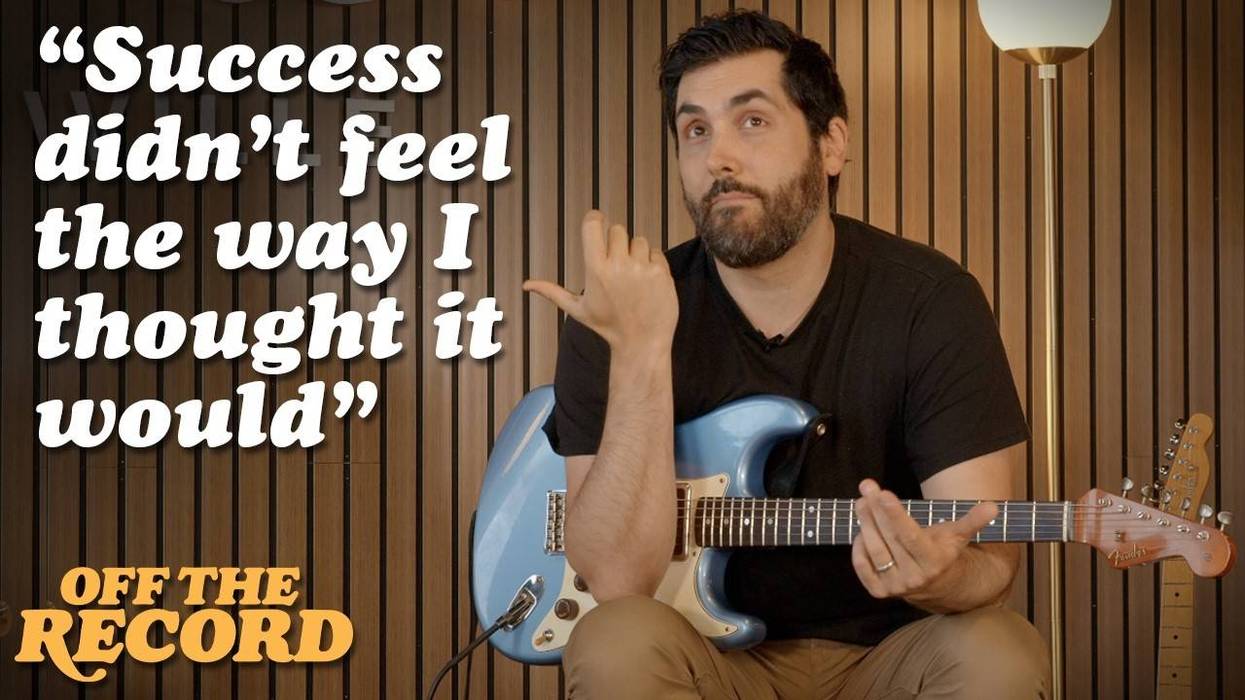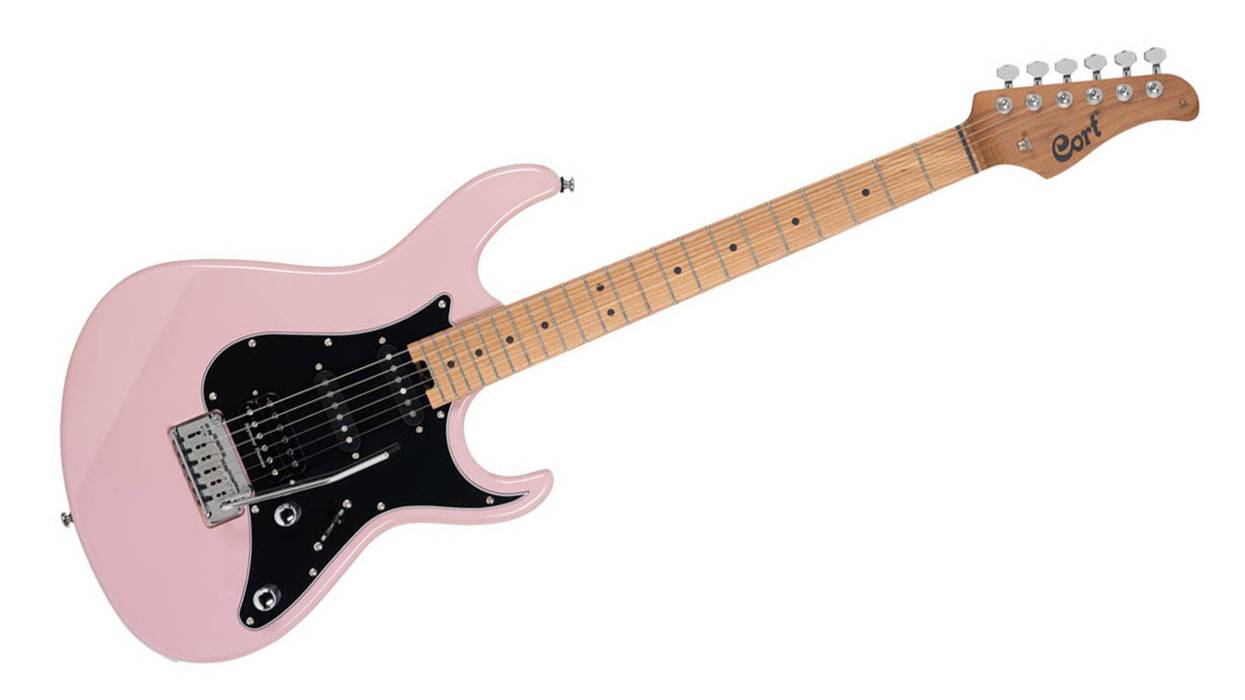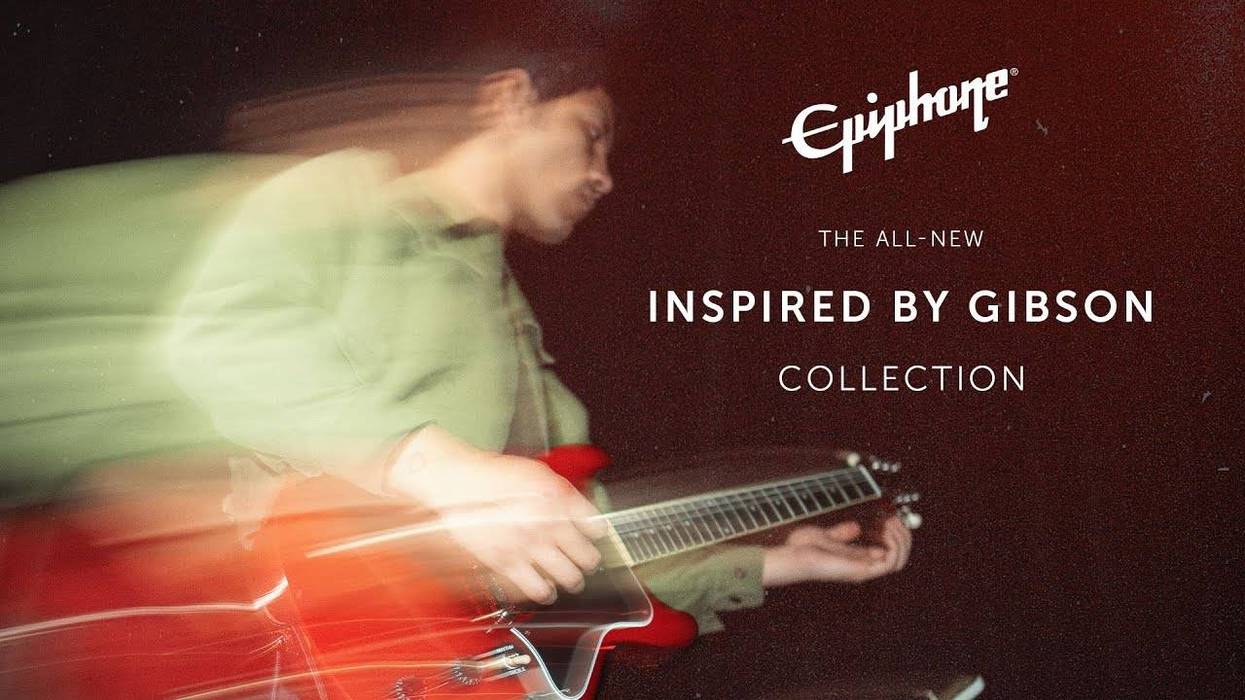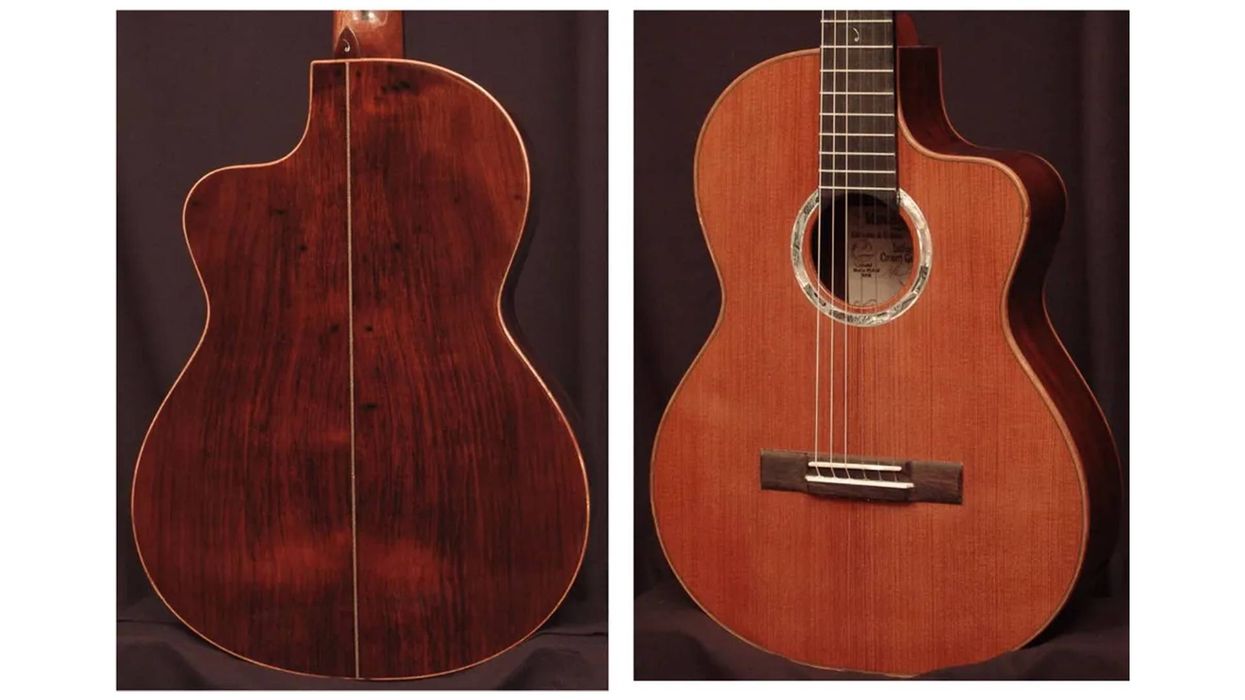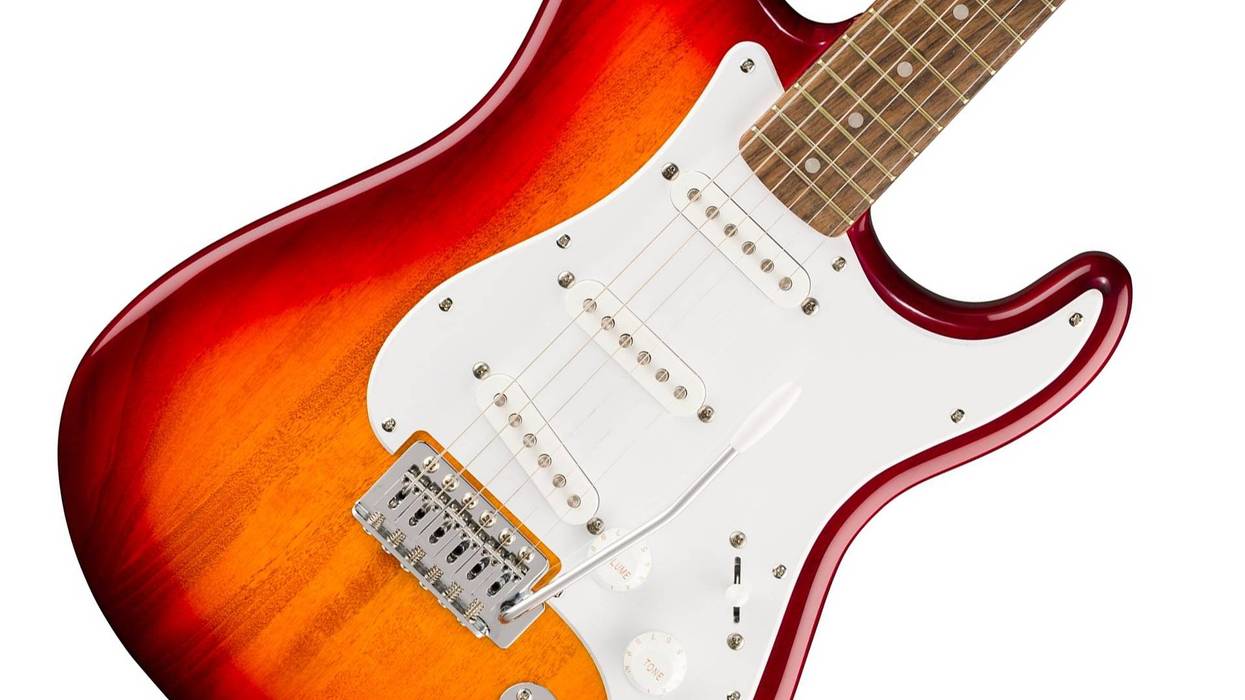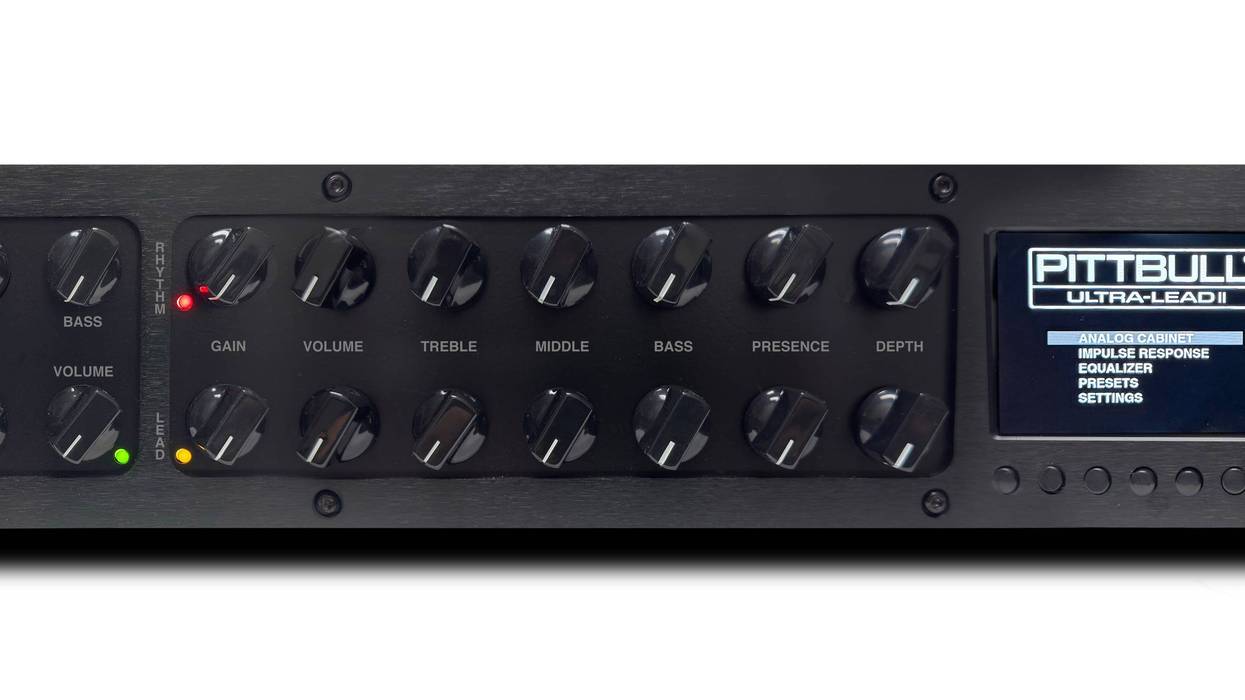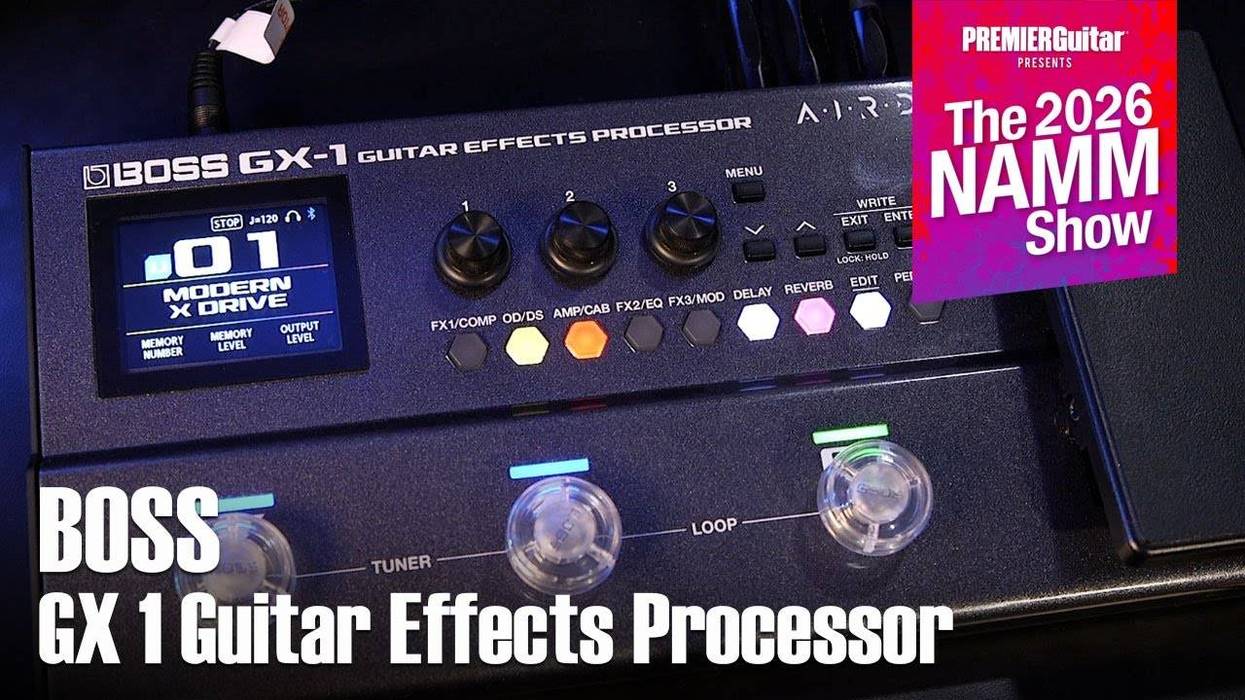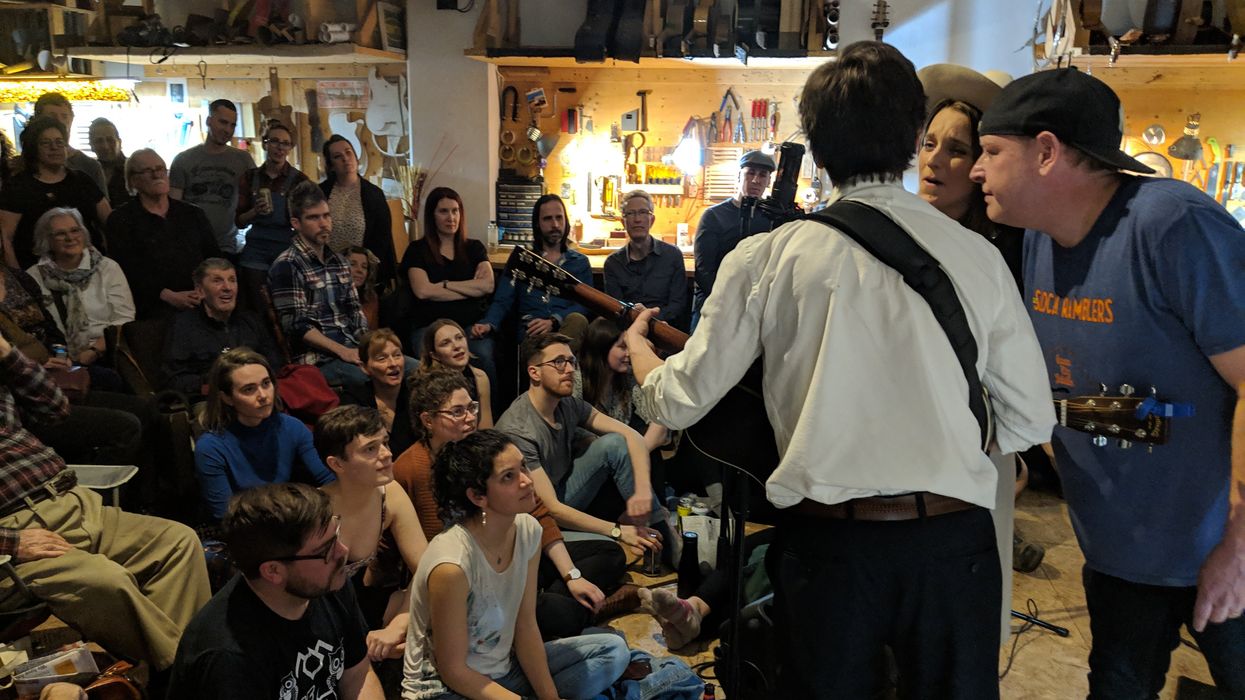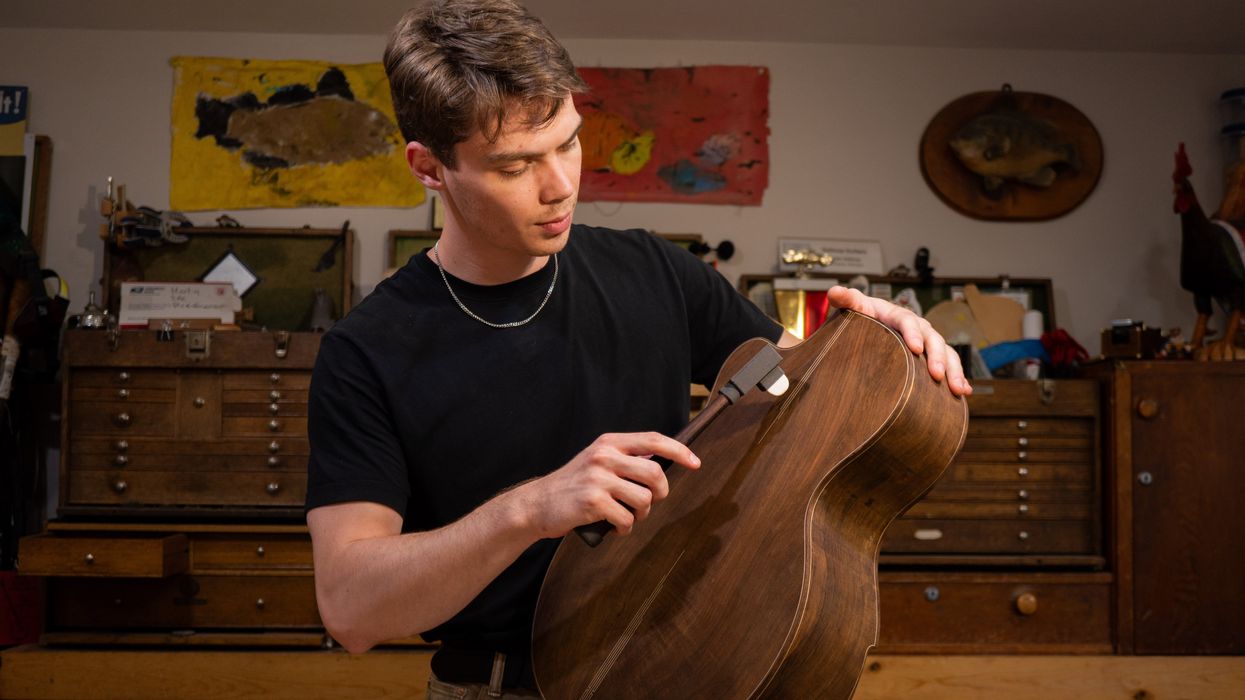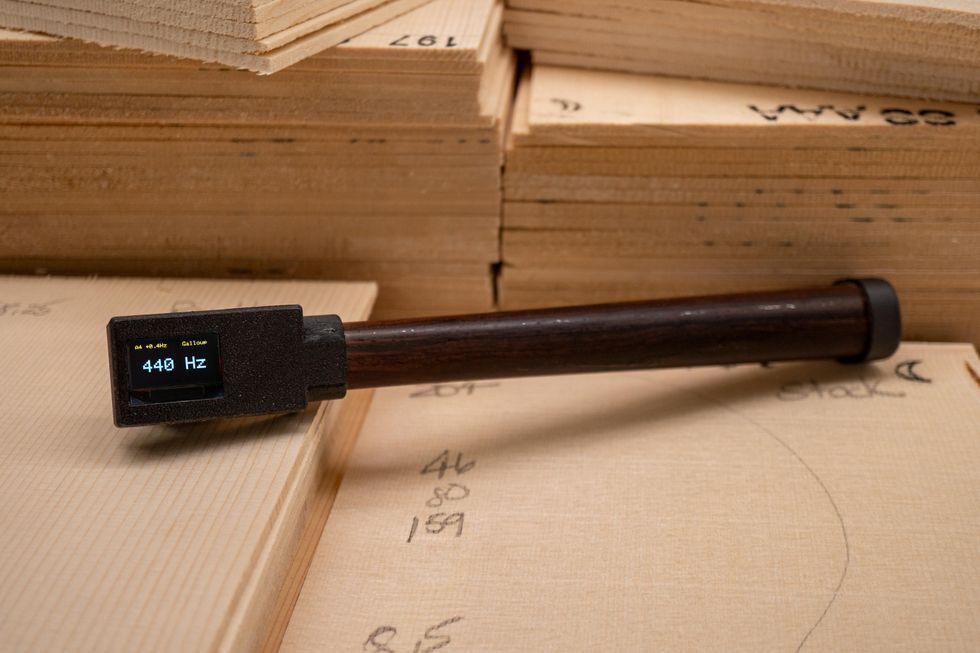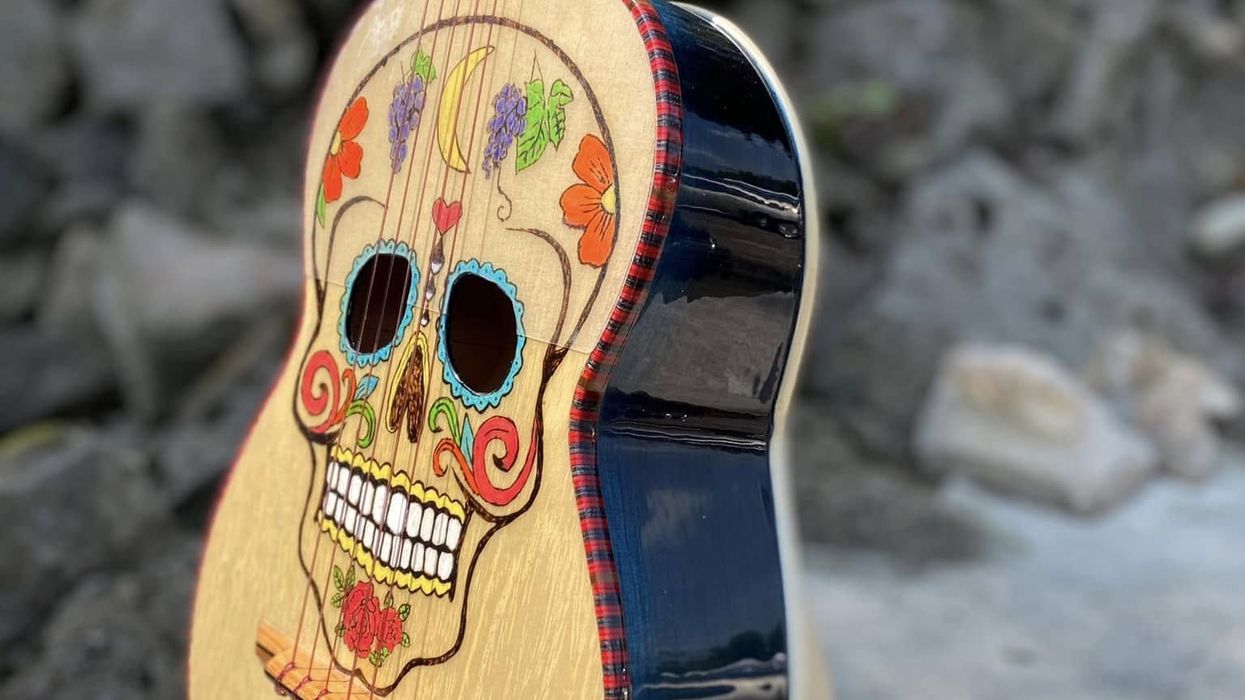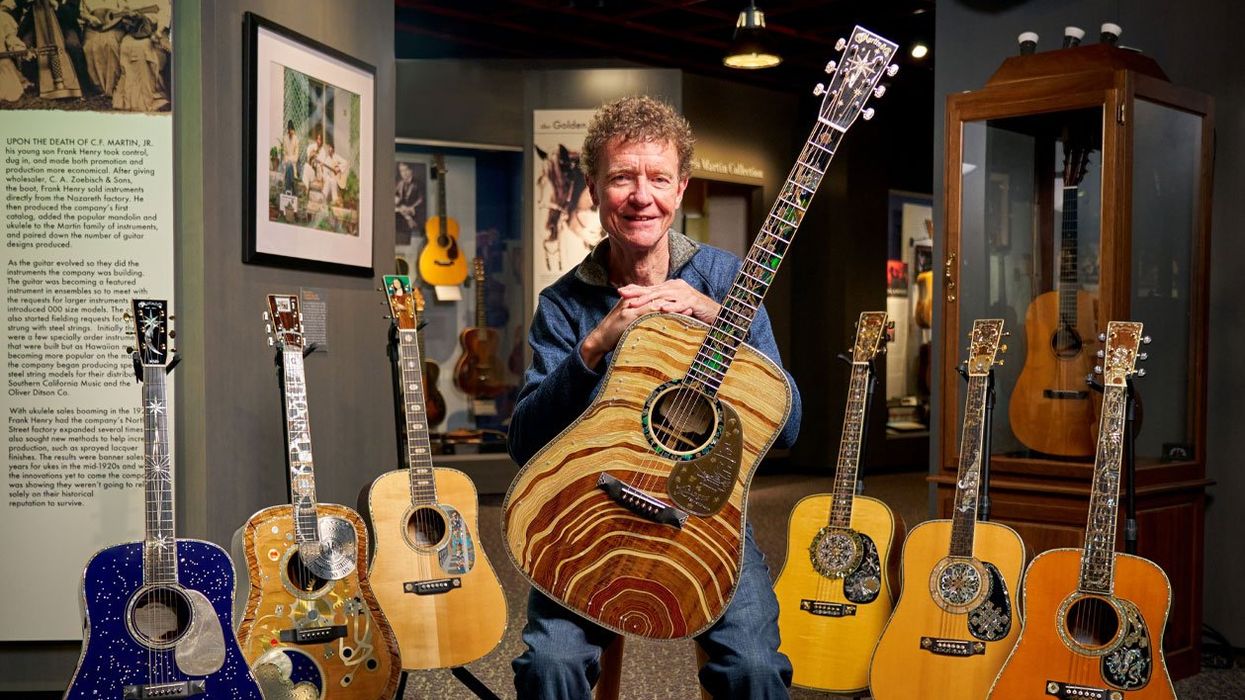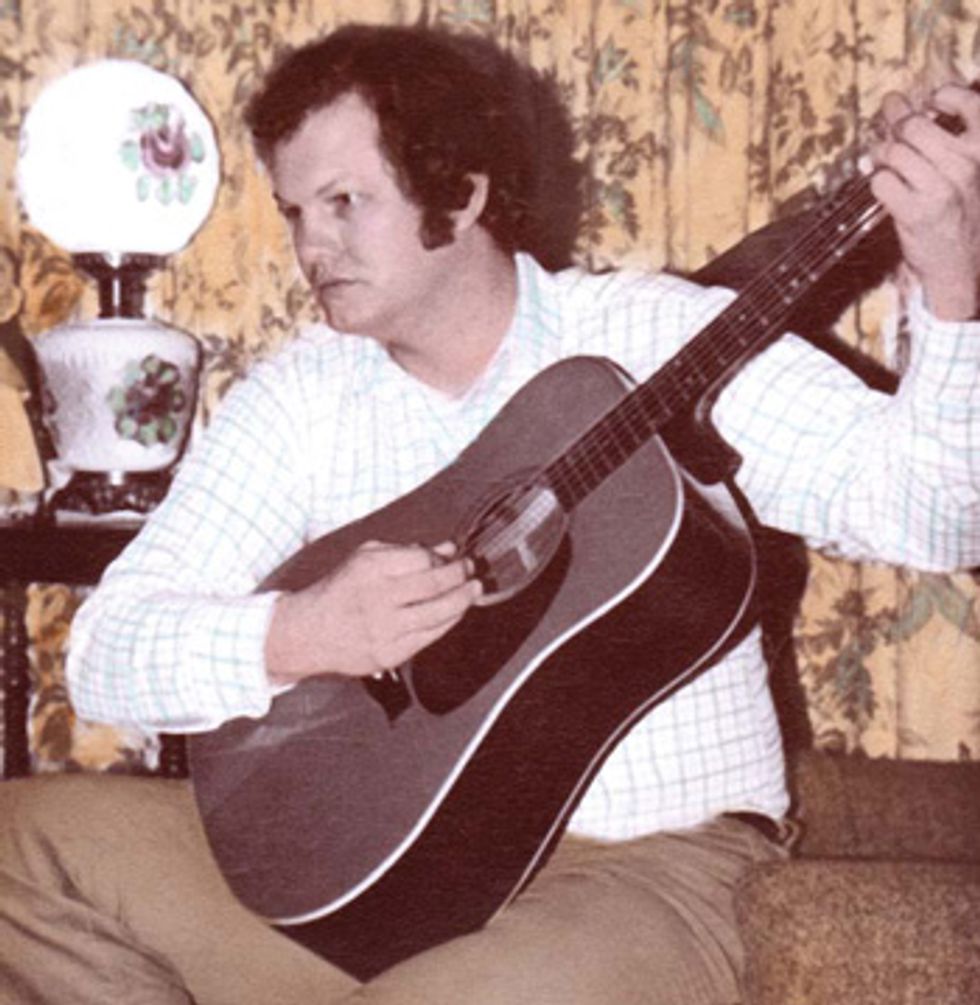 Wayne Adams |
I spent last evening with a friend who has a new guitar. He explained that when he analyzed the tone of it on his computer screen, he noticed an overtone “around 600 Hz” that was making him nuts. Now, mind you he couldn’t actually hear this; he could only know it was there by analyzing the tonal spectrum on the computer. My advice? Embrace the mystery and just play the thing.
When we’re setting up new guitars, we usually notice a consistency of tone that we have worked hard to achieve through the years. But on occasion, one will just blow your hat in the creek for no apparent reason. Analyze these special guitars as we may (and we have), and we find that they are no different from the others which sound great but leave your hat dry and on your head. I think the mystery is in the wood. Any time you’re working with a product of Mother Nature there are bound to be unexplained exceptions to every rule.
So, as builders and as players, we can either let these things drive us nuts, or we can go with the flow… in the words of Iris Dement, “Let the mystery be.” I have always noticed that the better guitar player a person is, the less time they seem to have spent learning about the mechanics of it. They usually have a good setup person for that sort of thing, and they spend their time letting the music coming out of the thing move them. My partner, Jeff Huss, recently carried some guitars to a venue to show to a guy who’s a player in a major touring act. One of the guitars was a Brazilian rosewood dreadnought. When he got back to the shop the next day, Jeff commented that the guy was one of the best guitar players he had ever seen, and that he had bought both the Brazilian “D”, and an OM that he had with him. Jeff said the guy really “pulled good tone,” as they say where I come from. When I asked what the guy thought of the Brazilian the “D” was made from, Jeff said that he never turned it over to look at it. He just sat and played and figured out which guitars moved him to make music. In the end, it’s not a bad way to judge an instrument.
The greatest danger for us as guitar players is to start to see the instrument more as a mechanical thing than as a vehicle of expression. If your guitar is broke, get it fixed. If it’s working, sit down and hold it up to your ear and remember why you started to play in the first place.
Mark Dalton
Mark Dalton is a founding partner of Huss and Dalton Guitar Co. When not building guitars, Mark and his wife, Kimberly, tend to the draft horses and mules that inhabit their farm in the Piedmont region of Virginia.


